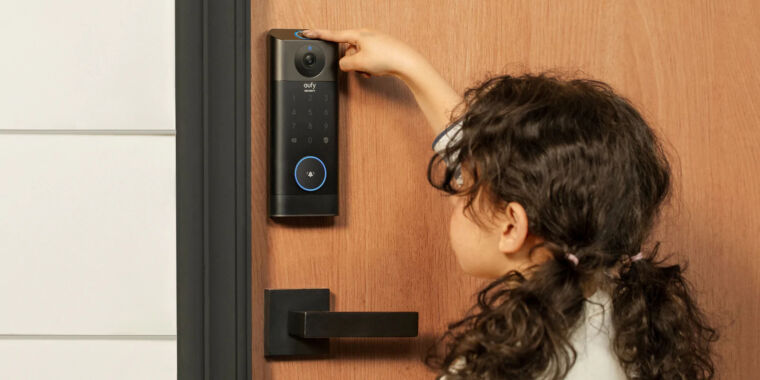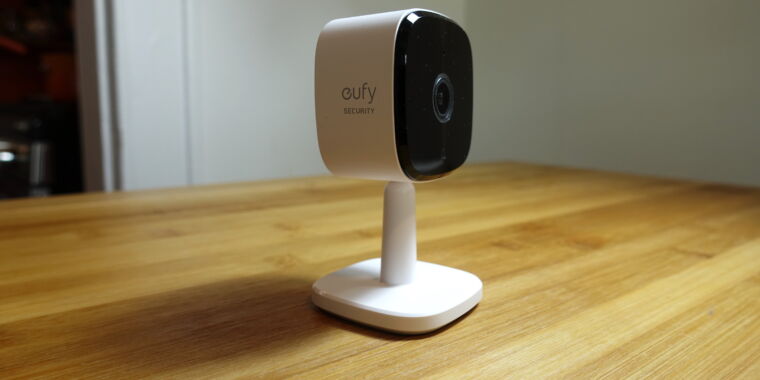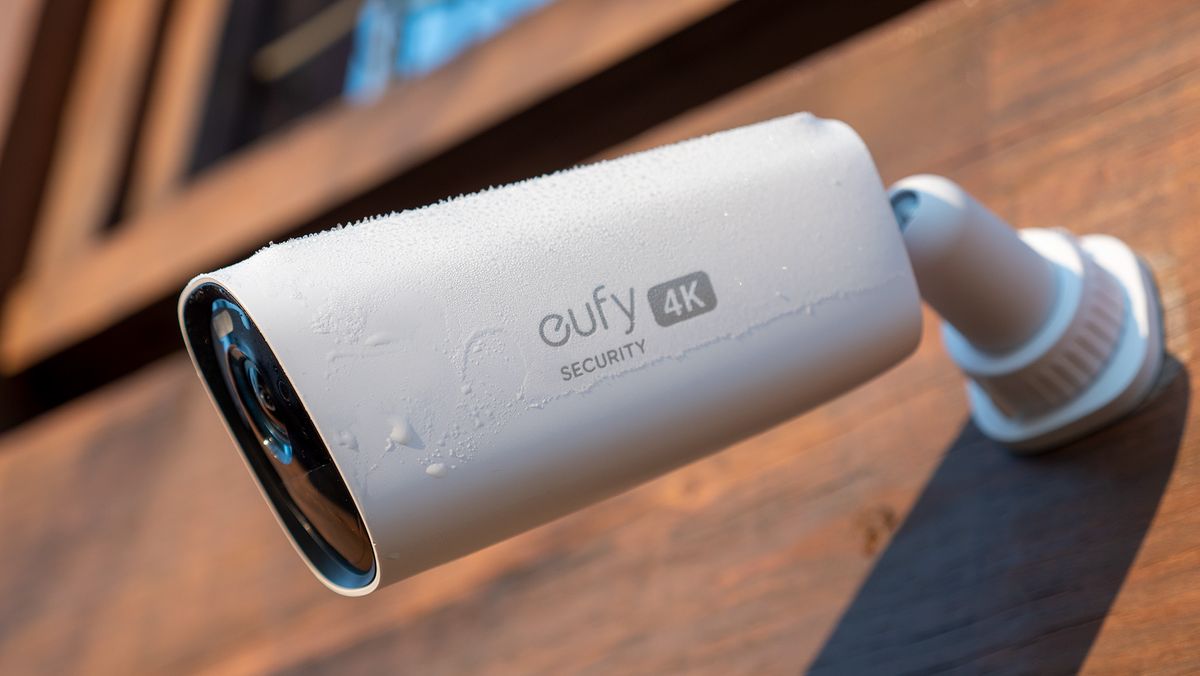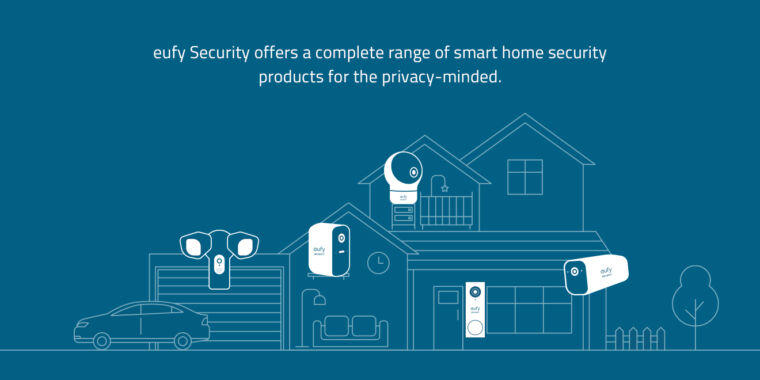- Jul 27, 2015
- 5,458
Eufy, a smart home brand of tech accessory firm Anker, had become popular among some privacy-minded security camera buyers. Its doorbell camera and other devices proudly proclaimed having "No Clouds or Costs," and that "no one has access to your data but you."
That's why security consultant and researcher Paul Moore's string of tweets and videos, demonstrating that Eufy cameras were uploading name-tagged thumbnail images to cloud servers to alert owners' phones, likely unencrypted, stung smart home and security enthusiasts so hard this week. Moore, based in the UK, started asking Eufy rhetorical questions about its practices on Twitter starting November 21. "Why is my 'local storage" #doorbellDual storing every face, without encryption, to your servers? Why can I stream my camera without #authentication?!" Moore also posted lines from "source code & API responses" that suggested a very weak AES key was being used to encrypt video footage.
On November 23, Moore uploaded a video that demonstrated his findings. With his Eufy Homebase unplugged, Moore walked in front of his camera. From an incognito web browser, Moore could pull up a thumbnail image of himself, an image of the feed shortly before he was visible, and—perhaps more concerning—ID numbers indicating his recognized face and his status as the camera owner.
Eufy, meanwhile, responded to Ars and other outlets with a statement. Eufy affirms that its video footage and "facial recognition technology" are "all processed and stored locally on the users' device." For mobile push notifications, however, thumbnail images are "briefly and securely stored on an AWS-based cloud server." They are server-side encrypted, behind usernames and passwords, automatically delete, and comply with Apple and Google's messaging standards, as well as General Data Protection Regulation (GDPR) standards.
Eufy admits that when users choose between text-based or thumbnail-based notifications from their system during setup, "it was not made clear that choosing thumbnail-based notifications would require preview images to be briefly hosted in the cloud."

Eufy’s “No clouds” cameras upload facial thumbnails to AWS
Company says it should have better informed users of how it sends mobile alerts.





